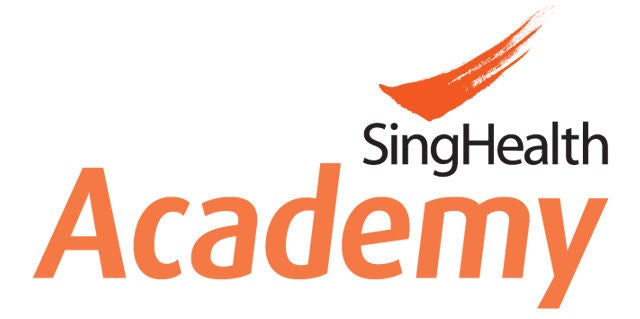Non-English translations are machine-generated; verify independently for
potential
inaccuracies.
Approaches to Ethics in Research Beyond the “IRB Triangle”
Synonym(s):
Research Quality/Integrity
Approaches to Ethics in Research Beyond the “IRB Triangle”
Date: 25 October 2024 | Time: 1010 - 1110
Speaker: Dr Voo Teck Chuan
Research ethics tend to be reduced to what Alex London calls the narrow “IRB triangle”: “discrete interactions of researchers and participants that are reflected in study protocols; informed consent forms; and that are evaluated by an Institutional Review Board.”
The “IRB triangle” does not encourage ethical reflexivity throughout the research process (ethics is about compliance and reduced to “one moment” of clearing ethics review); encourages a narrow scope to ethics review (focus on human subject protection and not with wider societal concerns); does not pertain to ethical issues that lie at the intersection of clinical practice; and research (the aim of which is to produce generalisable knowledge), among other issues.
Changes to the research ethics landscape which encourages “a longitudinal, dispersed approach” [from co-authored paper in development] to the exercise of ethical responsibility and reflexivity among different stakeholders beyond the IRB triangle, and new responsibilities of ethics committee:
- Example 1: Stanford University has created an Ethics and Society Review (ESR) process which facilitates researchers in mitigating negative ethical and societal aspects of their research by acting as a requirement to access grant funding.
- Example 2: REC review of Monitored Emergency Use of Unregistered and Investigational Interventions (MEURI), a protocol/ethics framework developed by the World Health Organisation for oversight of use of unproven interventions during public health emergencies. RECs to review satisfaction of MEURI, including responsible transition of the MEURI to a clinical trial to facilitate the development of proven interventions to combat the emergency
- Use of ethics advisors and ethics advisory boards or committees which could add a layer of review—An example is the Ministry of Health Advisory Committee on Restricted Human Biomedical Research which reviews restricted research under the Human Biomedical Research Act for ethical, legal and social concerns arising from the research.
- Research ethics consultation service: “as a resource for investigators before and after regulatory review [italics mine]; as an additional resource for investigators, Institutional Review Boards (IRBs), and other research administrators facing challenging and novel ethical issues” etc.
- Mechanism to ensure transparency, openness and reproducibility (Open Science) and mitigate fraud, bias, hype, negligence and hype in science
Developments are consistent with Alex London’s argument for the “egalitarian research imperative”: “the public purpose of research is to generate the knowledge necessary to bridge gaps in the capacity of the basic social institutions of a community—such as its system of public health and clinical medicine; to safeguard and advance the basic interests of that community’s members”. Embeds research ethics within societal and ethical concerns, such as fairness and justice (e.g distribution of the knowledge and benefits produced by research), that fall outside the ethical workings of the IRB triangle.
Stay Healthy With
10 Hospital Boulevard, #19-01 SingHealth Tower Singapore 168582
© 2025 SingHealth Group. All Rights Reserved.
















